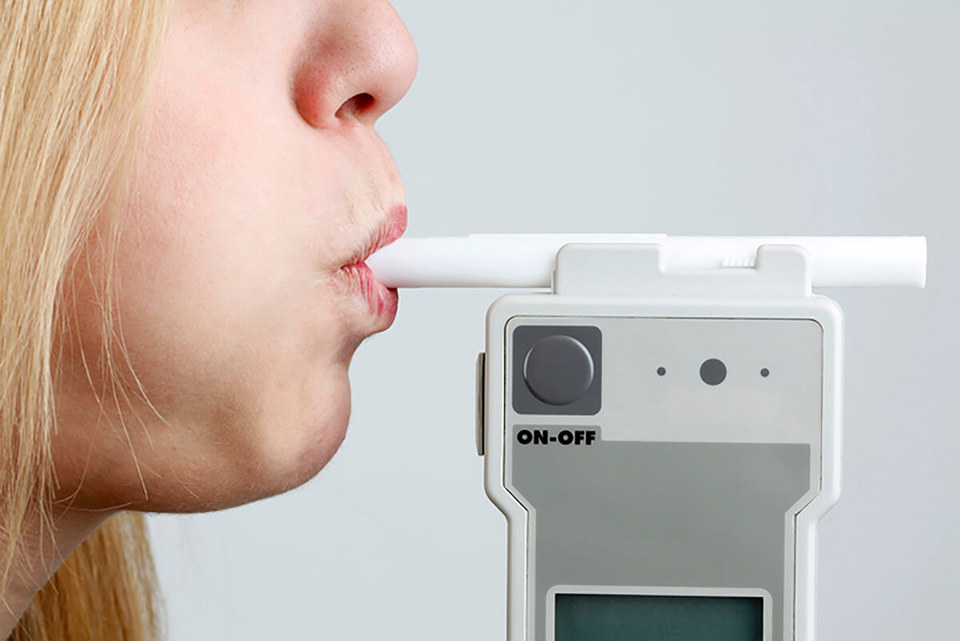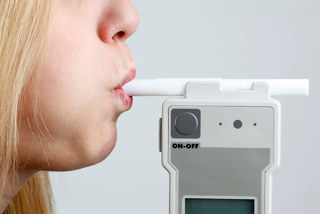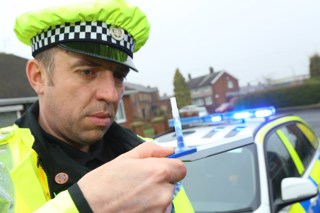Provisional figures for 2016 show that between 200 and 280 people were killed in accidents in Great Britain where at least one driver was over the drink-drive limit.
The figures, released by the Department of Transport (DfT), suggest that 9,050 people were killed or injured in a crash involving a drunk driver, in 2016. This is a significant rise from the 8,470 people in 2015, and is the highest number since 2012.
The total number of collisions and accidents where at least one driver was over the alcohol limit rose by 6% to 6,080.
The road safety charity IAM RoadSmart says that this new upswing underlines it is time to get into action with more proactive policies.
“We need more targeted policing and a lot more driver education regarding drinking and driving,” said Neil Greig, IAM RoadSmart director of policy and research. “Targeted policing in known areas would send a clear message to those still prepared to have a drink and drive.”
IAM is suggesting a two-pronged attack: firstly, continued education and a lower limit for the law-abiding majority who might stray or who don’t yet understand the risk; and secondly, getting the police to be more up front about what targeted enforcement actually means as they seek to catch those selfish enough to ignore the current limit.
It has also reiterated its call for compulsory drink-drive re-education courses for all drivers caught driving over the limit.
While a final figure will not be available for a number of months, the picture that emerges from the latest drink-drive statistics is a disturbing one.
“At best, progress in reducing fatal crashes as a result of people drinking and driving continues to stall, and at worse there has been an increase for the first time since 2009, which would be the biggest year-on-year rise in such crashes since 2000,” said RAC road safety spokesman Pete Williams.
“We are under no illusion about the scale of the challenge when it comes to ending the menace of drink-drivers on the UK’s roads – not least in addressing the problem of persistent offenders.
“For these hard-core offenders, drink-driving it is likely to be a symptom of other problems in their lives which are neither simple or cheap to fix. But despite this, we today call on the Government to make it crystal clear to drink-drive offenders that enough is enough.
“We need more communication on exactly what the current strategy is for tackling a crime which can have such devastating consequences.
“The police also need to have the resources they need to robustly enforce the law and make our roads a safer place – the sharp fall in dedicated roads policing officers we have witnessed in recent years has surely not helped.”
The RAC has also repeated its call for the Government to review the drink-drive limit in England and Wales.
Williams said: “The limit in these parts of the UK is among the most forgiving of anywhere in Europe, which surely sends the wrong message to anyone who thinks about getting behind the wheel after having too much to drink.”
The RAC Report on Motoring showed that such a change has the support of 59% of UK drivers.























Login to comment
Comments
No comments have been made yet.